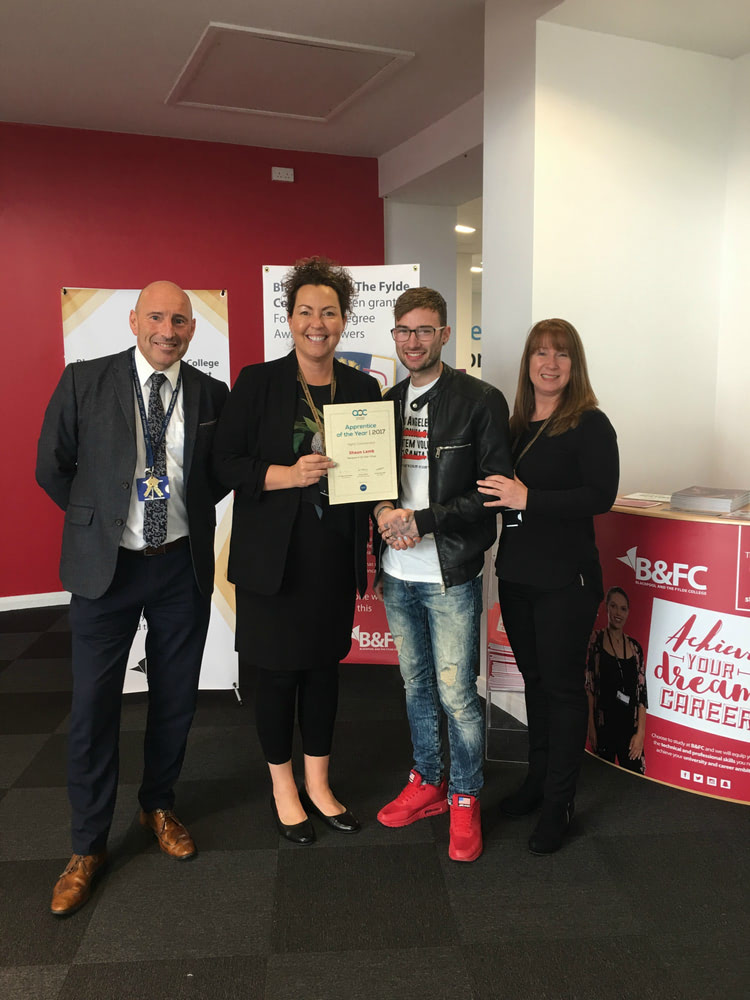New apprenticeship report reveals gender stereotyping and negative perceptions are major issues

Education and Employers, a UK-based charity, launches a report, Teenage Apprenticeships: Converting awareness to recruitment today. In the context of government policy to have 3 million apprenticeships by 2020, the report investigates why the number of school leavers becoming apprentices has flatlined.
The report, funded by the Commercial Education Trust, revealed that the negative perceptions around apprenticeships among students, teachers and parents hampers take-up and highlights how more needs to be done to ensure equal guidance for both academic and vocational pathways and challenge views about the suitably of different apprenticeships across genders.
The report demonstrates the need for teachers to be given further advice and information on apprenticeships and for students to have the opportunity to meet employers (including former or current apprentices) in school, to mitigate the lack of reliable information available.
- Gender stereotyping exists in apprenticeship careers provision. Too little has been done to challenge these stereotypes and promote ‘non-traditional’ roles to students.
- Employers believe that parents are one of the biggest barriers preventing school leavers beginning an apprenticeship.
- Students’ perceptions are that apprenticeships are ‘low pay’ and offer less flexibility than a university route.
- Schools which successfully sent a great number of teenagers into apprenticeships start giving career advice and guidance at a younger age and before key decision-making ages.
- Young people who have a positive perception of apprenticeship haver received greater number of employer engagement activities in school.
- Young people found the career education they receive mostly biased to academic education. They believe there is a shortage of advice and guidance about vocational routes to the labour market.
- Careers provision around apprenticeships is patchy. Teachers lack confidence and experience in promoting apprenticeships, leaving young people with advice that often focusses on going to university.
Dr Elnaz Kashefpakdel, Head of Research, Education and Employers, said:
“Our findings highlight the pressing need for closer ties between employers and state schools to ensure that all young people – regardless of gender and backgrounds – have information about all the possible career routes available to them. To achieve this, we are calling on more people who have taken an apprenticeship route to go into schools and colleges talk to young people informally about the job they do by signing up to volunteer with schools.”
Education and Employers in partnership with the National Apprenticeship Service are already tackling some of the issues outlined in the report. The charity has 6,514 volunteers signed up to go into schools to talk about their experience of apprenticeships and, so far, has trained 2,863 teachers to talk to their students about apprenticeships.
Janna Simpson, an Apprentice Project Manager at Highway’s England said:
“I think it’s really important for apprentices to talk to state school children. I never had that and the jobs and routes to a career that I learned about in school were very small compared to what’s actually out there.”
To support better connections between industry and schools. Inspiring the Future’s free online matchmaking platform quickly and easily connects schools and volunteers who can go in to schools and colleges to talk about the jobs they love and the route they took to achieve it.
Schools can search for volunteers across different sectors and areas while companies and individuals can give insight into their role, key skills and career route to help inspire and educate pupils.
40,000 people have already volunteered and it is hoped that the number will double in the next two years. Visit www.inspiringthefuture.org.











Responses